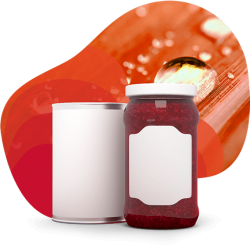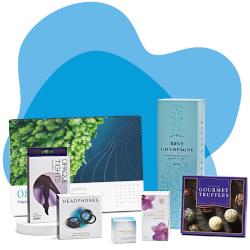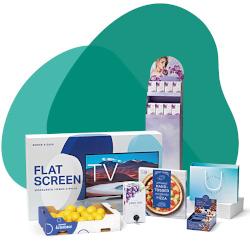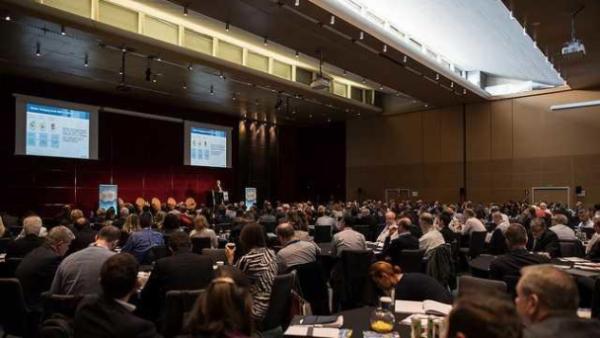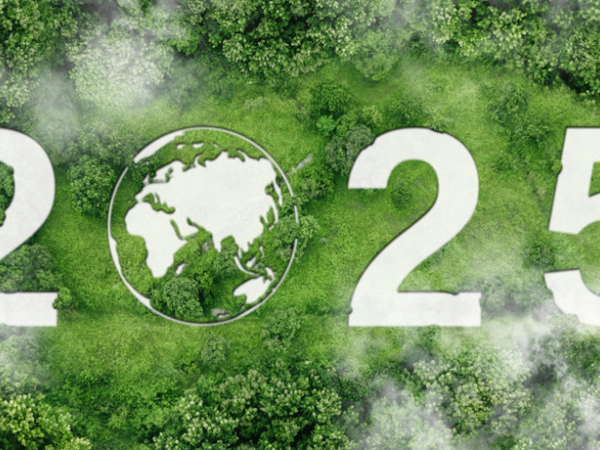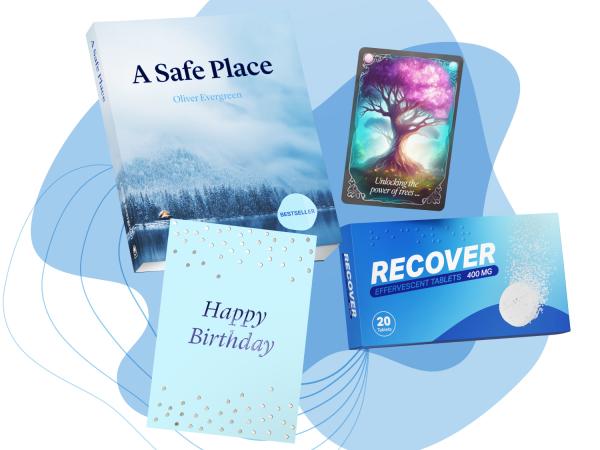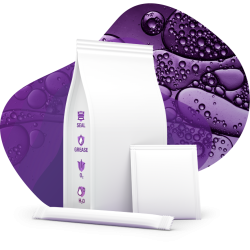
The state of sustainability in packaging today – according to the latest conferences
Insights from this autumn’s three big sustainable packaging conventions
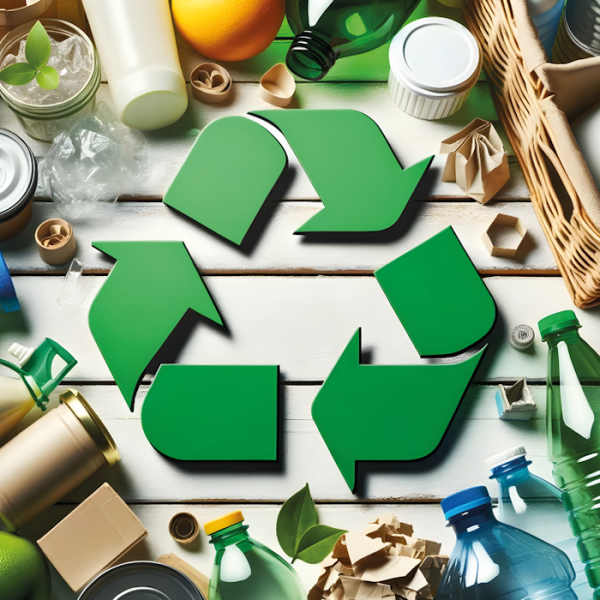
This autumn saw three notable, sustainability-focused packaging conferences take place in Europe. Sustainability in Packaging, Plastic Waste Free World and Sustainable Packaging Summit all had common goals in exploring circular packaging solutions, material and product innovations, as well as the regulatory framework.
Sustainability in Packaging, Barcelona
Sustainability in Packaging, held in October, is pitched as the only dedicated European packaging event offering a 360-degree perspective on supply chain challenges and solutions in evolving to a circular economy. This year’s event drew more than 500 attendees to listen to speakers and panellists from leading consumer goods companies within packaging. Key themes of the conference included the European Union’s Packaging and Packaging Waste Regulation (PPWR), compostability and bioplastics, and recyclability at scale. Fibre-based packaging took an increased profile at this year's edition of the conference, a reflection of growing interest and demand for packaging alternatives to fossil materials.
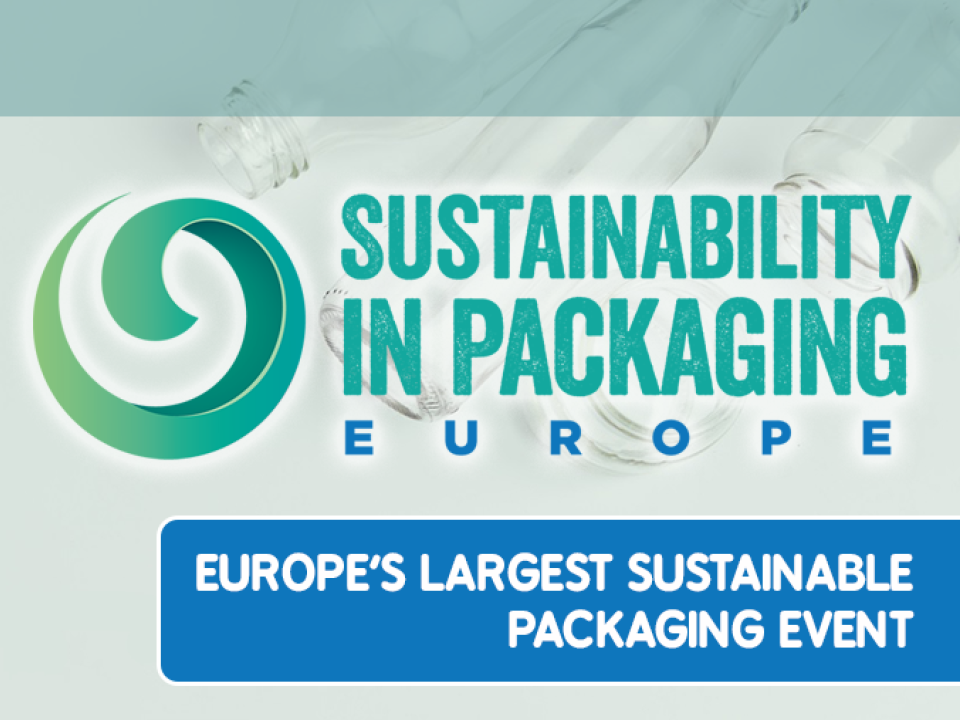
It’s perhaps no surprise that PPWR was a frequent talking point given that it is such a hot topic in the packaging industry right now. One key insight was that the regulation is having an effect beyond EU borders, with the likes of the USA and China concerned about how their exports will be affected. There was also discussion around the harmonisation of labelling across the EU in accordance with PPWR, with some debate over what the best solutions are to enable consumers to easily recycle packaging.
Sappi, representing 4evergreen Alliance, took to the stage to represent the fibre-based industry and explain the value chain perspective on the PPWR and how Industry can inform and support implementation.
Plastic Waste Free World, Cologne
Held in November, Plastic Waste Free World brought together more than 100 speakers and 4,000-plus attendees to discuss solutions and strategies for eliminating plastic waste. The conference focused on three main “priorities” for manufacturing companies – sustainable materials, new greener chemicals and targeting net-zero operations.
Legislation was again a hot topic: PPWR, of course, but also the EU’s proposed Green Claims Directive, which is aimed at reining in spurious or unsubstantiated environmental messages from companies. Data accuracy will be essential (especially in making CO2 claims) and brands will need to change their packaging, eliminating any self-created ‘green claims’ to comply with EU requirements.
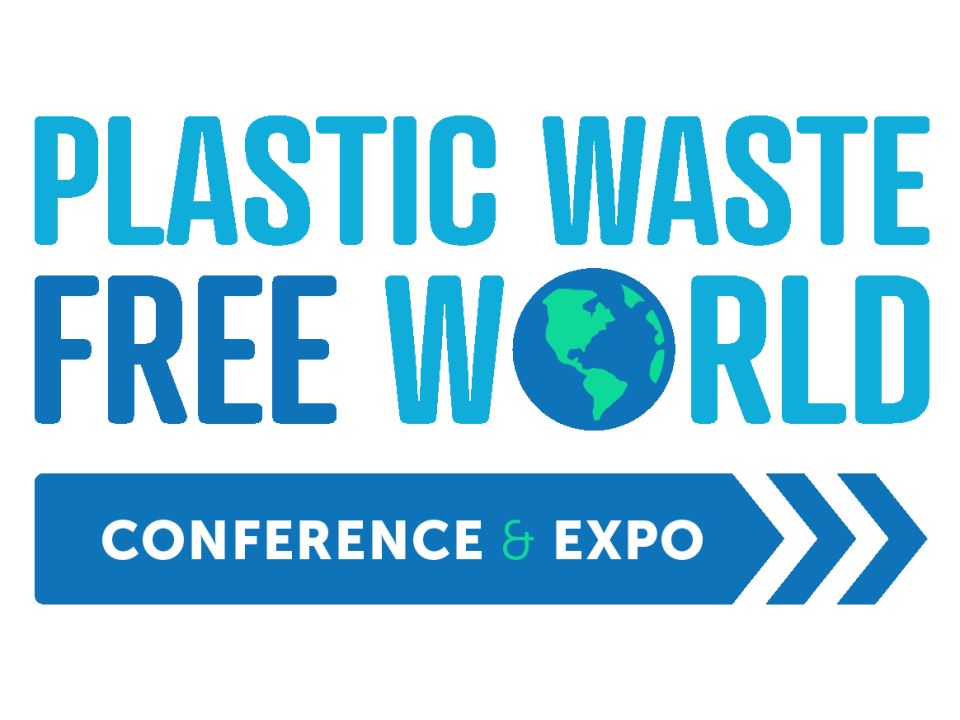
There was also a roundtable discussion around extended producer responsibility (EPR, a regulatory tool to ensure manufacturers and importers are responsible for the treatment of their post consumer product). Much of it centered on how EPR should be defined in any upcoming legislation, with concerns over reporting, the roles of producers, waste operators and local authorities, and how fees should be structured.
Sappi took part at the conference as an exhibitor, showcasing our functional papers alongside Valid, our innovative fibrillated cellulose.
Sustainable Packaging Summit, Amsterdam
Also in November, the Sustainable Packaging Summit in Amsterdam focused on the barriers and opportunities in creating a net zero packaging ecosystem. Attended by retail and manufacturing heavyweights such as Aldi, Unilever and P&G, topics included the future of sustainable packaging, tackling plastic pollution and regulation.
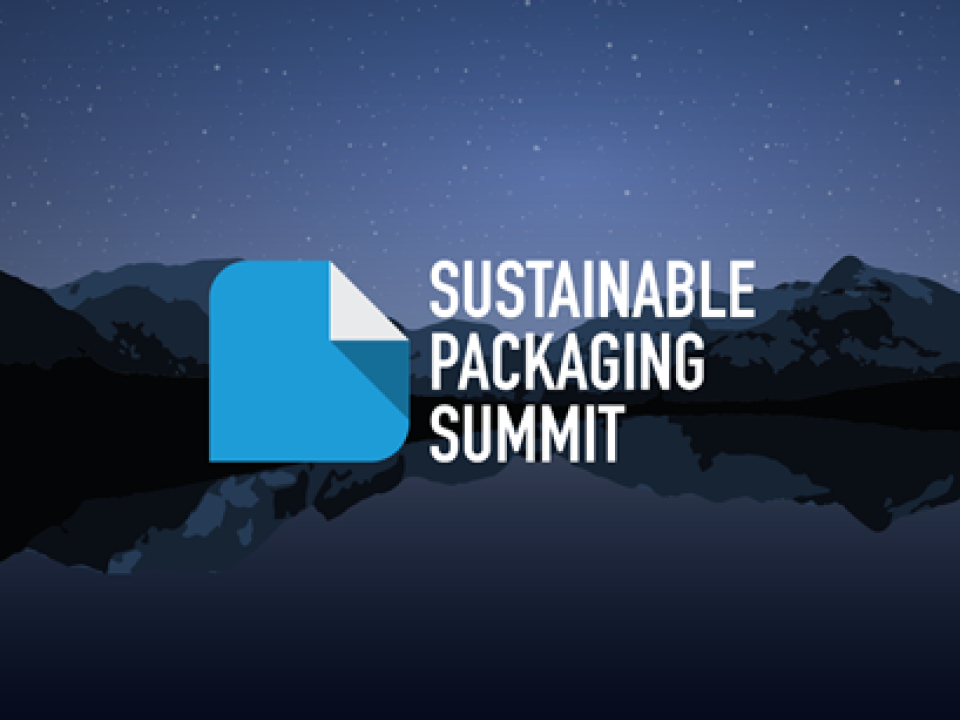
There was, of course, more discussion around the effects of PPWR – the message here was that it would be a game changer that will unify guidelines across Europe and help industries accelerate their moves into packaging circularity. However, there was also evidence of businesses remaining skeptical about re-use requirements, and questioning where such systems would create the desired outcomes.
Sustainability advisory organisation The Carbon Trust had some advice on communicating decarbonisation targets (takeaways included being fact-driven, avoiding over-emphasis, and being accountable). Other insights came from intelligence company NielsenIQ, whose recent research shows that 92% of global consumers think sustainability is important when choosing a brand, with 45% also consciously separating their rubbish for recycling.
Further sustainable packaging conferences are on the horizon. In May 2024, the Europe Green Packaging Summit – which focuses on packaging’s transition to a circular economy – takes place in Frankfurt. Then later, in June, the Environmental Packaging Summit 2024, presented by Packaging News, will arrive in Birmingham.

